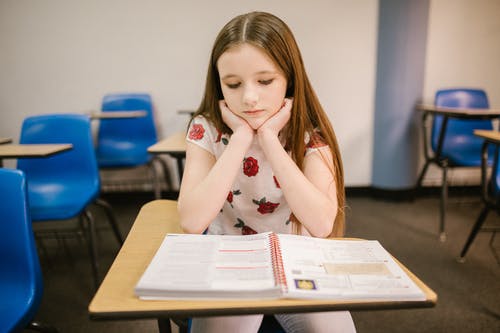Arizona laws do not favor either parent and the judge is required to keep the best interests of the children in mind.
Going through a divorce is already a stressful time, but when there are children involved it can be even more so. One of the most common questions parents are faced with is how child custody is determined. In Phoenix, AZ, you have basically two options – you can sit down with your soon-to-be ex and work out a parenting plan or you can leave it to the judge. Knowledgeable child custody lawyers in Phoenix usually advise their clients to try to negotiate with the other parent and come to an agreement that works for both of them. If the parents are at a point when they cannot bear to be in the same room together, let alone negotiate, it will be up to the judge to determine custody and it may very well be that neither parent is happy with the court-dictated arrangement.
Is Arizona a mother state for custody?
If you look at statistics, yes, in many cases the judge will appoint the mother as a custodial parent, if, of course, the parents cannot come up with a parenting plan. However, this is not a given. Arizona laws do not favor either parent and the judge is required to keep the best interests of the children in mind. If the father can prove that awarding custody to the mother is not beneficial to the children, he can get full custody. Such cases are difficult to prove in court and you’ll have to get an experienced child custody lawyer to help you with that. The most common reasons used to file for sole custody include the other parent’s mental or physical health, drug abuse, history of domestic violence or child abuse, etc.
What is a parenting plan?
If the parents decide to work together as a team to make sure their divorce doesn’t impact their children more than it has to, they can negotiate a parenting agreement with the help of a skilled custody lawyer.

There are two types of custody that need to be addressed in such an agreement.
Physical custody refers to the living arrangements or where the children will live. Sole physical custody means that the children will live primarily with one parent, while the other has visitation rights, can take the kids for the weekends or on holidays. This type of arrangement is preferable when the joint physical custody would cause too much of a disruption in the children’s lives as they’d have to split their time between two houses. Many parents wonder whether a child gets to have a say in this. Under Arizona law, a judge is not required to take into account a child’s wishes. They may decide to hear the child’s position, especially if they are over the age of 12, but the judge is under no obligation to grant them their wish. In highly contentious cases, where there is reason to believe one of the parents is influencing the child, the judge may ask for the opinion of a child psychologist on what would be in the best interest of that child.
Legal custody is a completely different matter and has nothing to do with the living arrangements. Legal custody refers to who has the right to make important decisions, concerning the education, religious affiliation, or healthcare or the children. If both parents want to continue to stay involved in the children’s lives opting for joint legal custody is best. You can have joint legal custody even if one of the parents has sole physical custody.
If the two parents come up with a comprehensive parenting agreement, your custody lawyer will put it in legal form and present it in court. In most cases, the plan will be approved by the judge without any questions.


Join the conversation!